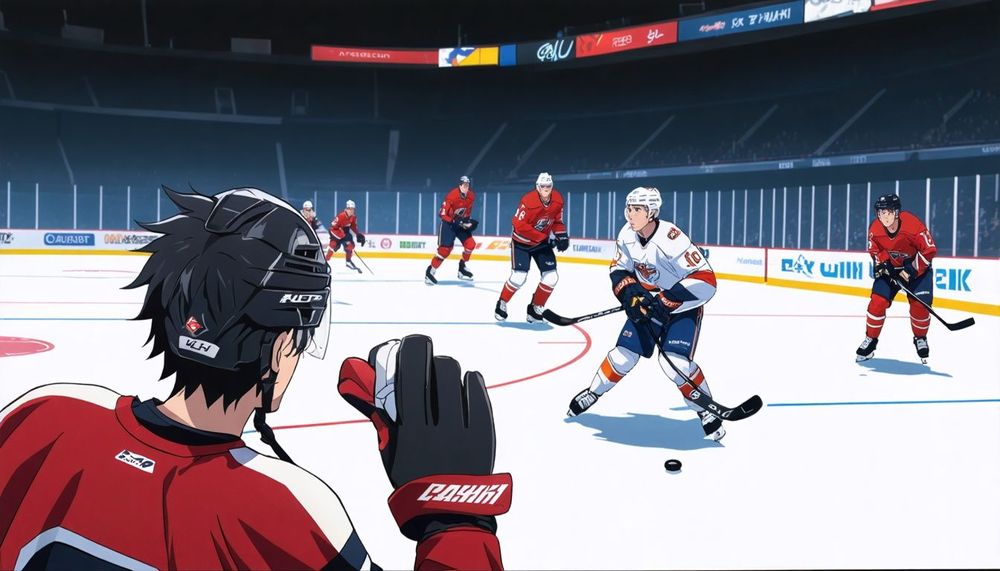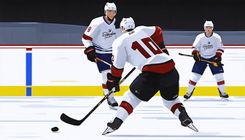NHL Collective Bargaining Agreement Update: The Future of Player Development

The current NHL collective bargaining agreement (CBA) is set to expire in September 2026, a timeline that raises concerns for those closely connected to the league. However, recent developments indicate that the NHL owners and the NHL Players Association have reached a framework for a new deal during the summer. While the complete Memorandum of Understanding for the new CBA has not yet been disclosed, notable changes have been reported by NHL insider Frank Seravalli. A significant amendment allows each NHL team to assign one 19-year-old prospect to their AHL affiliate each season, potentially impacting the development landscape for NHL players.
This new policy, which will affect a maximum of 32 players annually, represents a crucial shift in how NHL prospects may be developed. Under the current guidelines established by the CHL-NHL agreement, prospects drafted from Canadian major-junior leagues, such as the OHL, WHL, and QMJHL, cannot be assigned to the AHL or ECHL unless they either turn 20 or complete four seasons within the CHL. However, this new CBA will change that dynamic, as its first players affected will be those born in 2007. For instance, Vancouver Canucks prospect Braeden Cootes, turning 19 in February 2026, could potentially be assigned to the Abbotsford Canucks if the organization's leadership deems it beneficial for his development.
The rule, which focuses on age rather than draft year, allows a freshly drafted CHL player who turns 19 the fall following their draft to bypass returning to the CHL entirely. Consider the case of top prospect Ryan Roobroeck, born in September 2007; if he signs his entry-level contract and participates in his NHL team's development camp sufficiently, he may be assigned directly to the AHL, circumventing a return to the Niagara IceDogs of the OHL. This new development path option provides significant advantages, especially for those who may be too advanced for junior leagues but not yet ready for the NHL. The implications of this change could reshape prospects' career trajectories, enabling them to accrue professional experience earlier, thus enhancing their potential as NHL players.









